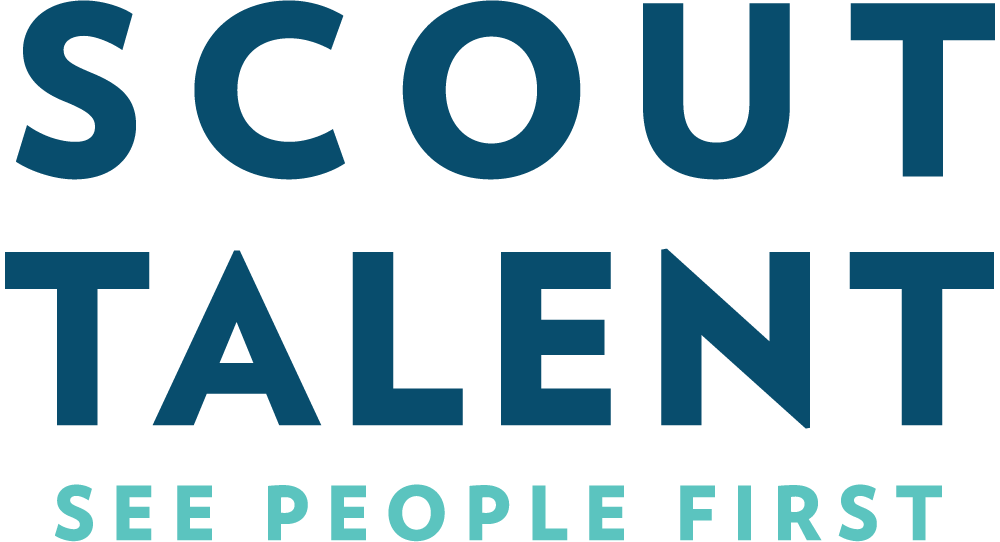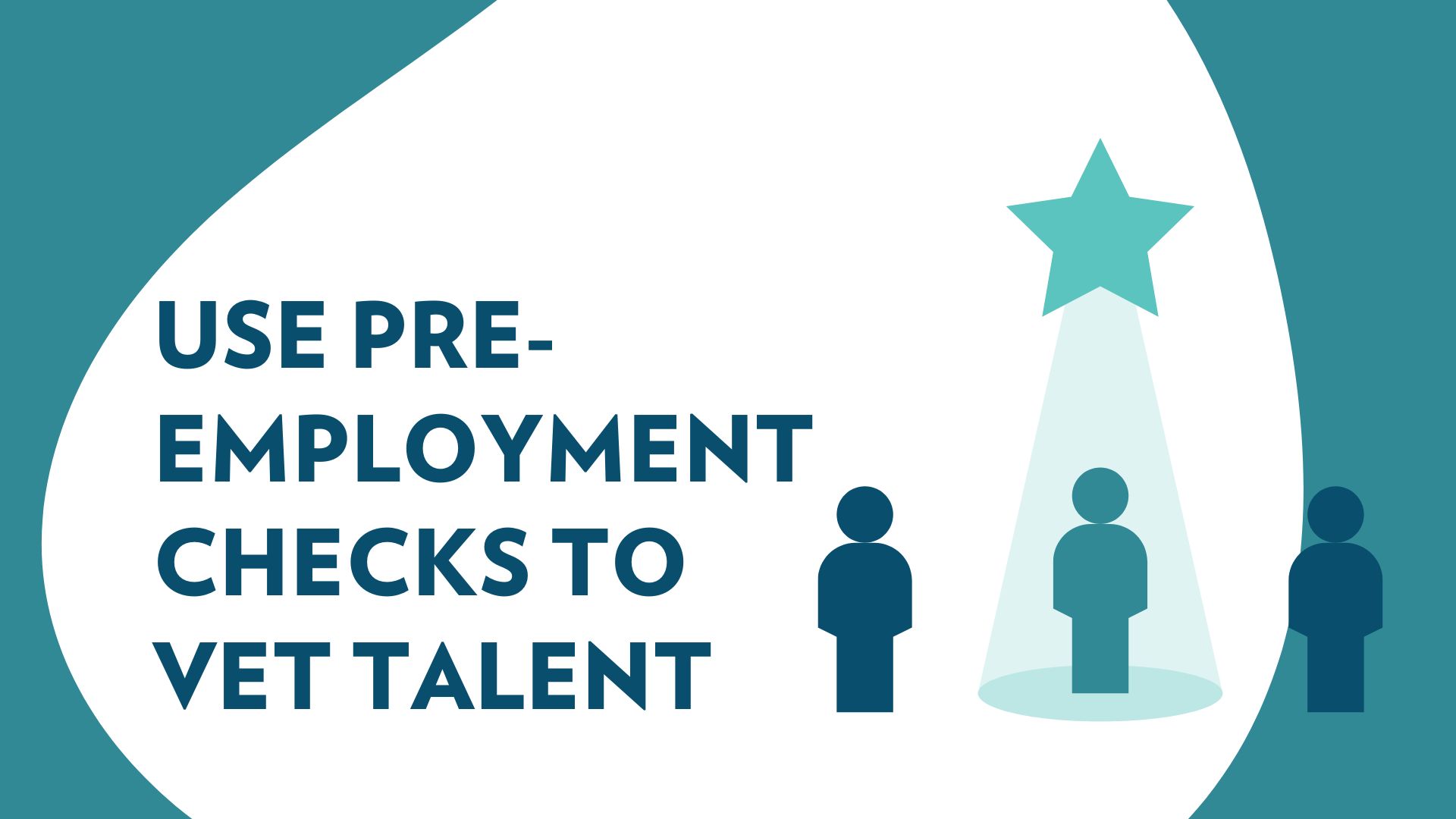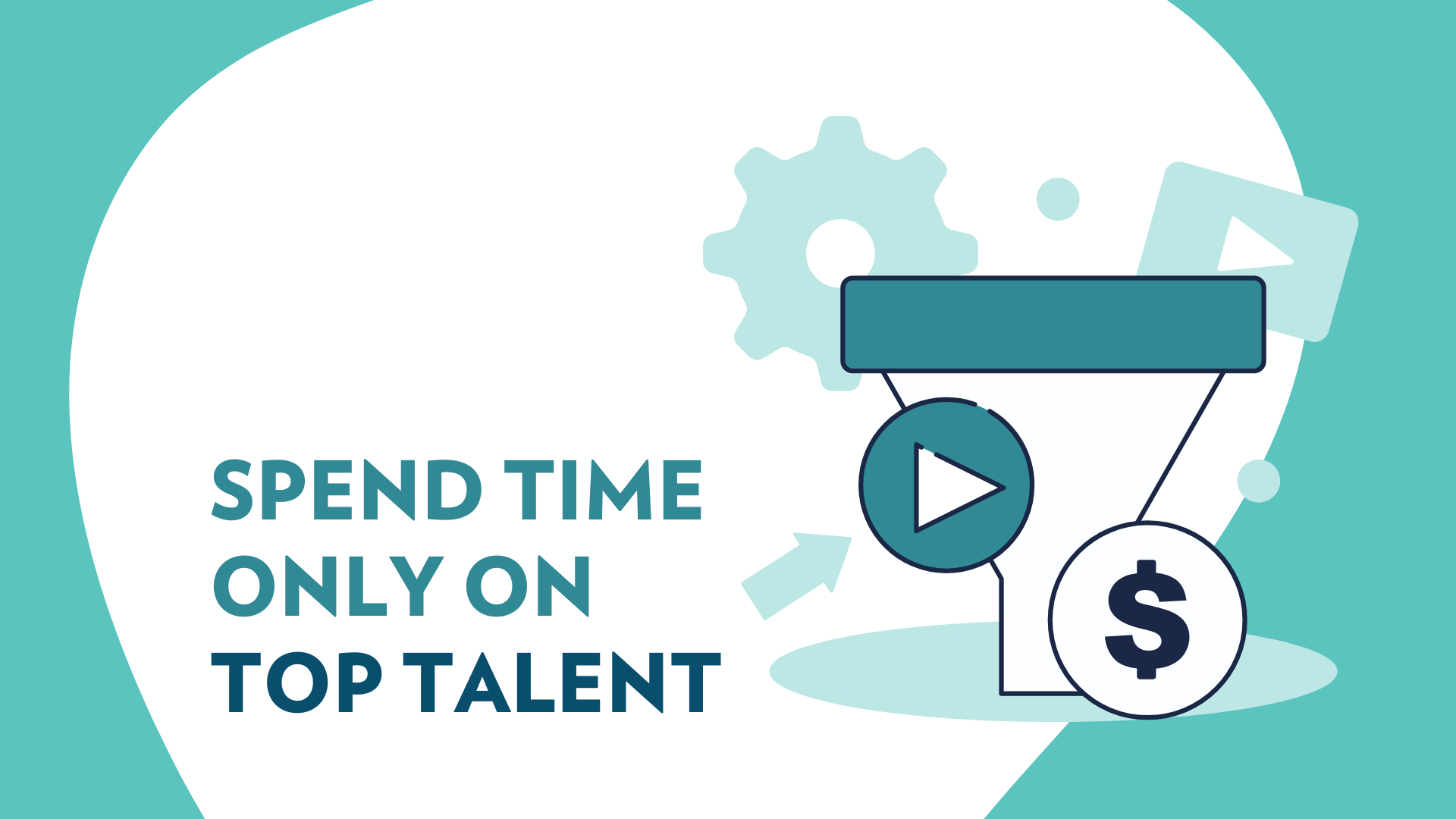In a market where being indecisive costs you candidates, it is hard to find the right balance between doing your due diligence and acting fast to secure great talent. Considering that it costs on average six to nine months of an employee’s annual salary to replace them, making a bad hire is a scary thought for modern recruiters. Pre-employment testing is often used as an extra step in the talent acquisition process to give internal recruitment teams the assurance that an individual will go the distance. This is particularly important when you consider that 20% of new hires resign within the first 45 days.
Reference checking and interviews aren’t enough
Busy recruitment professionals might wonder: “Why do I need to go to the effort of testing applicants when I already do interviews and check references?”
Interviews are here to stay, and for good reason. Interviews allow you to discuss a candidate’s experience, and get an idea of their personality. However, interviews give little insight into how an individual might act when faced with certain situations. It is natural for an interviewee to only show their ‘best self’ during an interview, so getting an idea of how they would act in certain situations can be challenging.
Reference checks also have their limitations. Although giving a bad reference is legal in Canada, unlike in some other countries, often the information you get from a candidate’s references is limited. Sometimes that an employer is simply trying to wash their hands of an employee or may not want the potential repercussions of giving a negative reference.
Why pre-employment testing is especially important in customer-facing industries.
For office-based roles with limited customer interactions, interviews might be enough to determine someone’s suitability. During interviews, you can see how someone behaves in a corporate setting and interacts with co-workers.
Interviews alone are less effective when recruiting for customer-facing roles. When dealing with the general public, employees meet new people from all walks of life every day. They will be faced with more challenges and be required to provide a level of service and courtesy that back-of-house staff often don’t.
Consider the healthcare industry: employees in this industry are faced with challenging situations daily, and are expected to be empathetic, resilient, and good communicators. To simply interview a candidate in the healthcare industry, and not administer pre-employment tests, you run the risk of having no idea how the individual will react in certain situations.
Similarly, consider the hospitality industry. Employers in the hospitality industry, employers might want to identify employees who thrive in high-pressure environments. Candidates who can maintain a high level of service when faced with a challenging customer are equally desirable.
Customer-facing roles require a specific set of skills that are hard to identify during traditional methods of assessment, such as interviews. However, there are specific types of testing that can help employers to find that ‘needle in a haystack’ employee.
What types of testing can I do?
Skills testing
This type of testing measures a candidate’s specific skills. Skills testing is important in industries such as healthcare, where a lack of skills can have significant consequences. Scout Talent offer Talengent skills tests as part of our Talent Engagement service.
Great for: the healthcare industry
Behavioral testing
A behavioral assessment is a pre-employment test that evaluates how an individual might behave in specific situations. This type of test is useful when hiring for a custom service role, where there are high expectations for behavior, even in difficult situations. An example of a behavioral test is McQuaigs Word Survey, which Scout Talent offer as part of our Talent Engagement service.
Great for: the retail and hospitality industries
Motivation testing
While being having specific skills is important, it can be useful to understand what motivates a candidate to pursue a specific job. While skills can be taught, motivation and preferences are innate characteristics that don’t generally change significantly over time.
Scout Talent’s partner, Prevue, offer comprehensive testing that will reveal if a candidate’s interests and preferences align with what your organization is offering.
Great for: the not-for-profit industry
Benchmarking
Many pre-employment tests are generic, and assess a candidate’s skills or behaviors without considering the role in question. By assessing the characteristics of top-performing employees already working in your organization, you can create a profile of the ideal candidate for a role. Having this benchmark, allows you to administer tests and draw comparisons between current employees who already excel in the job.
Scout Talent’s partner, Prevue, have a unique benchmarking service that allows you to compare your candidates with your existing A-players.
Great for: sales teams
Adding a step to your recruitment process doesn’t have to cost you time.
Although internal recruitment and HR teams are often under pressure to reduce their time to hire, it’s hard to argue against the benefits of pre-employment testing. Fortunately, there are several ways to counteract the additional time spent testing candidates. Check out Scout Talent’s resources below to learn more.
Free Guide: ‘5 Communication Hacks to Speed Up Your Recruitment Process’
On-Demand Webinar: ‘5 Things You Can Do To Significantly Reduce Your Time-To-Hire’




